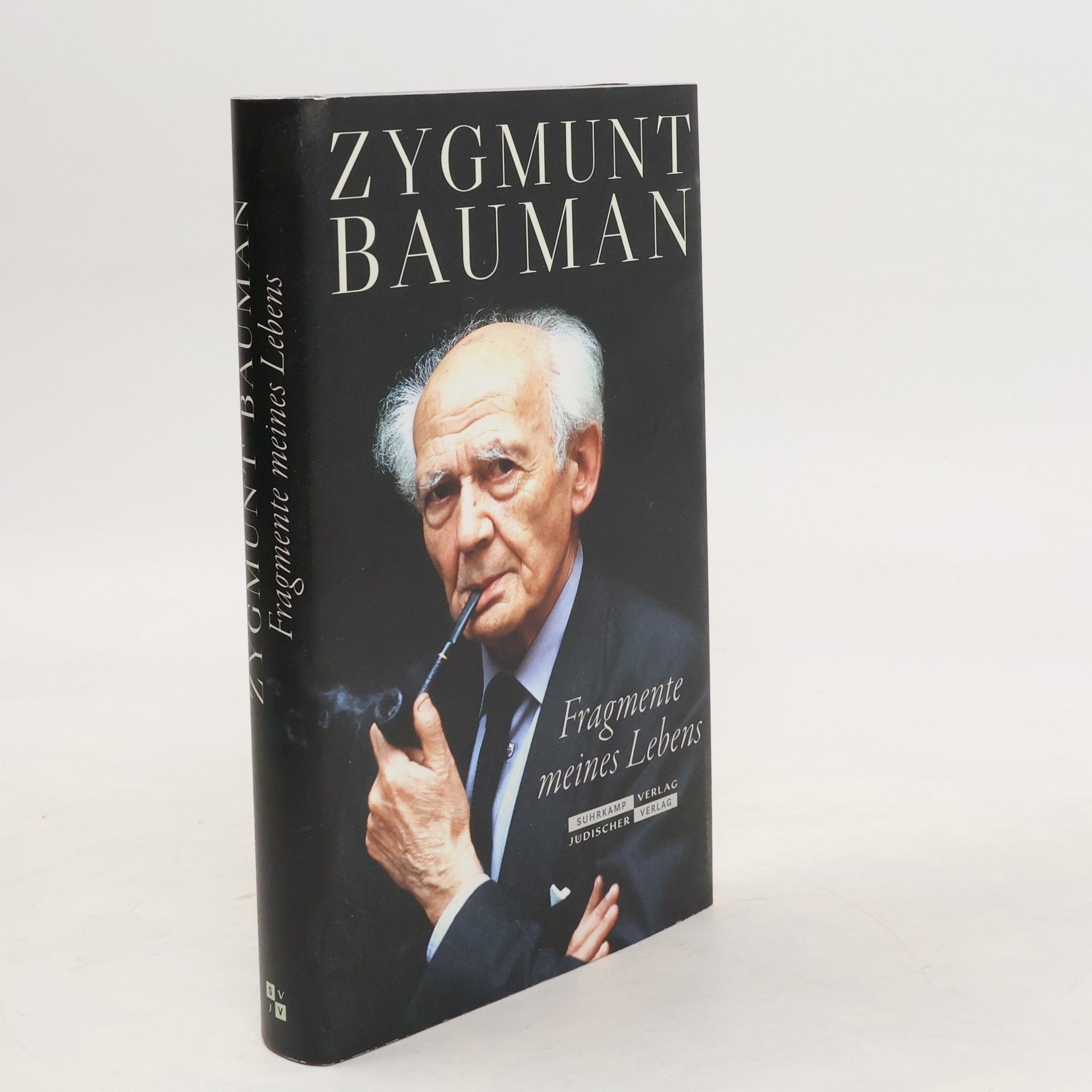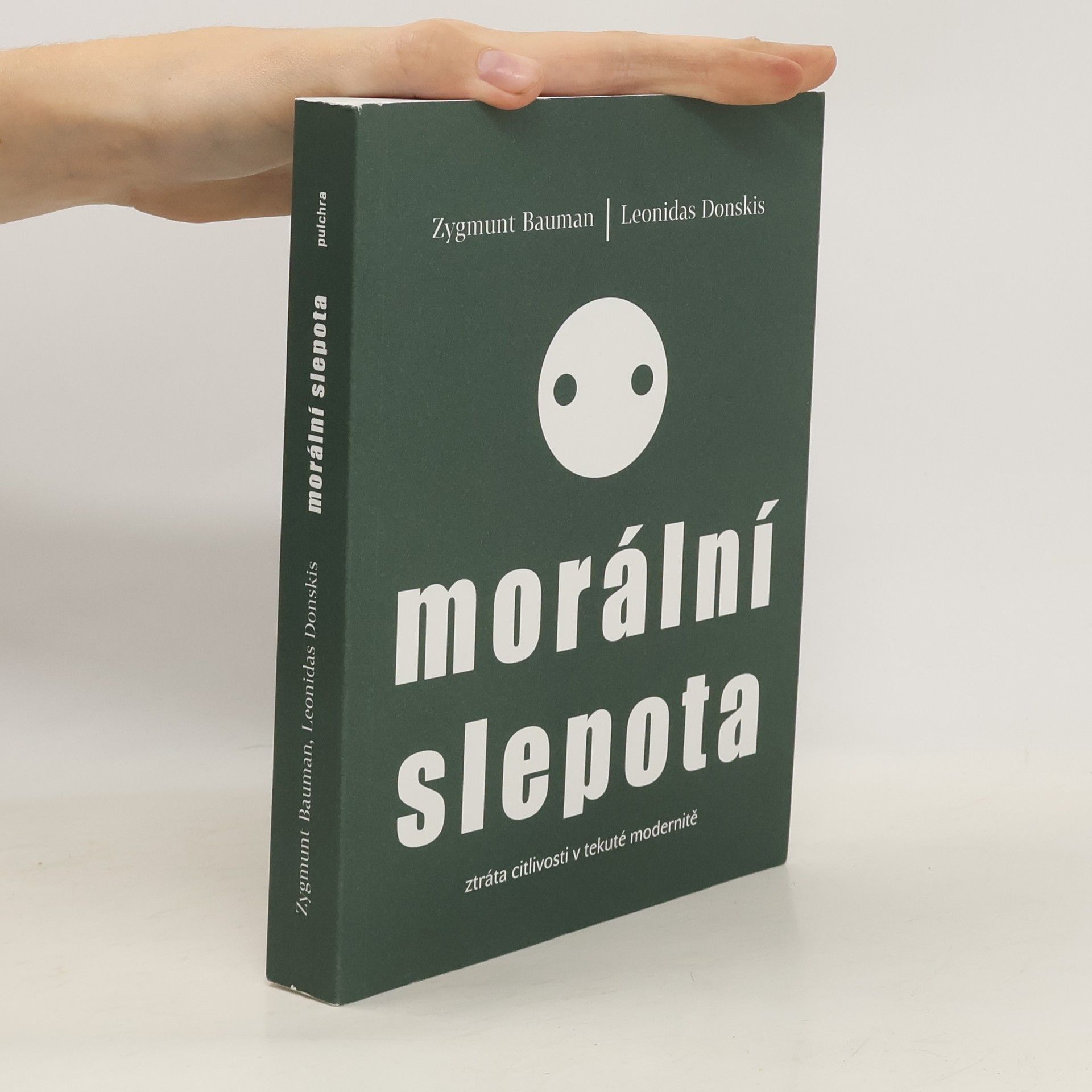Theory and Society
- 280 pages
- 10 hours of reading
The breadth and depth of Zygmunt Bauman’s engagement with social theory and the history of social thought has perhaps been underestimated, in part because many of his early writings were in Polish and never translated into English, and in part because many important pieces appeared in edited volumes and journals that are not readily available. This volume brings together hitherto unknown or rare pieces by Bauman on the theme of theory and society and also makes available previously unpublished material from the Bauman Archive at the University of Leeds. A consistent theme of Bauman’s work was his sustained engagement with humanism, and this provides a unifying thread in the pieces brought together in this volume. Here Bauman reflects on some of the core concepts of sociology, examines the work of a wide range of social theorists, from Durkheim and Gramsci to Agnes Heller and C. Wright Mills, and addresses an array of key ideas and issues including inequality, identity and social change. A substantial introduction by the editors provides readers with a lucid guide through this material and develops connections to Bauman’s other works. This is the third and final volume in a series of books that make available the lesser-known writings of one of the most influential social thinkers of our time. It will be of interest to students and scholars across the arts, humanities and social sciences, and to a wider readership.







